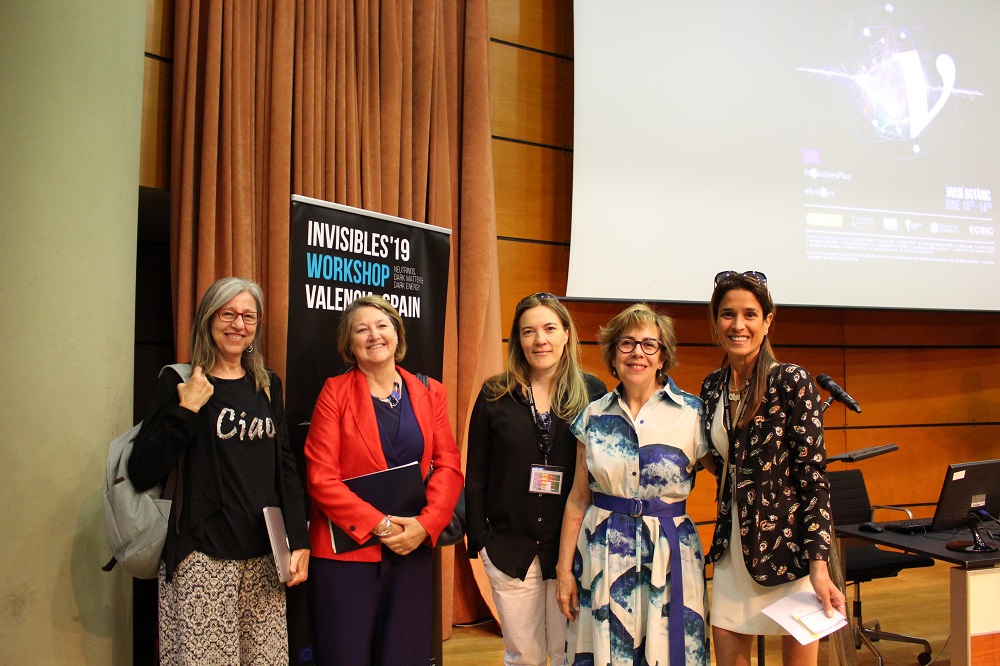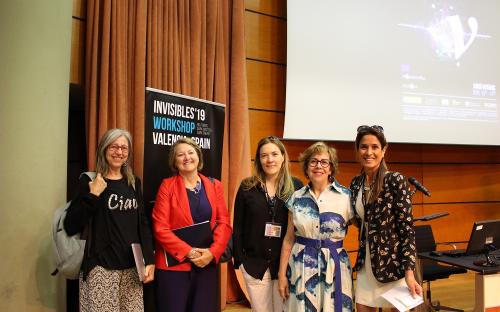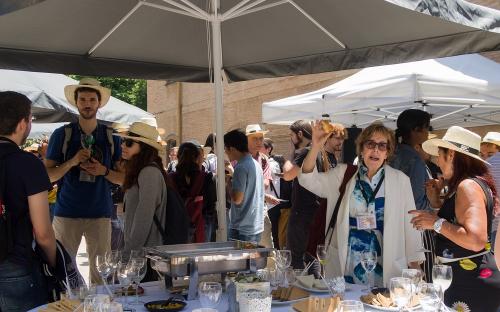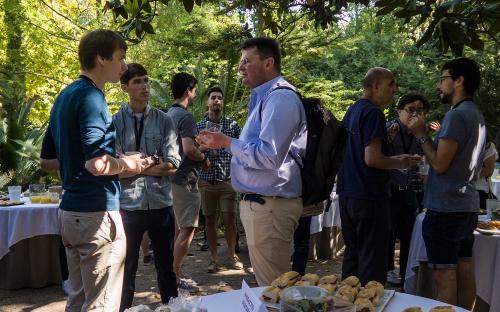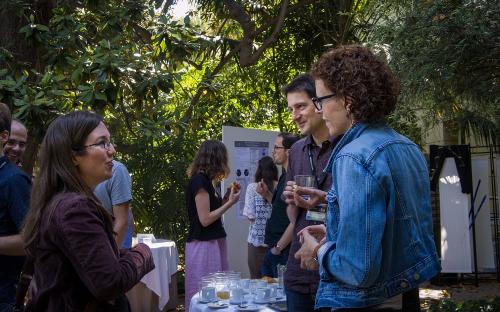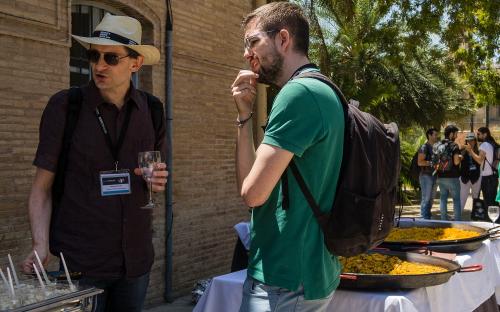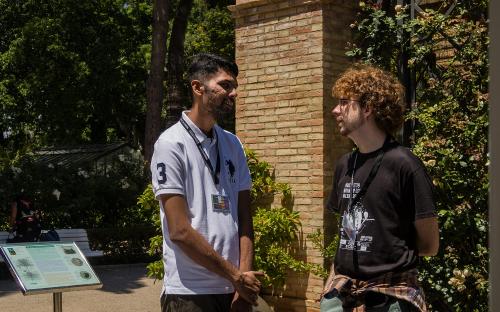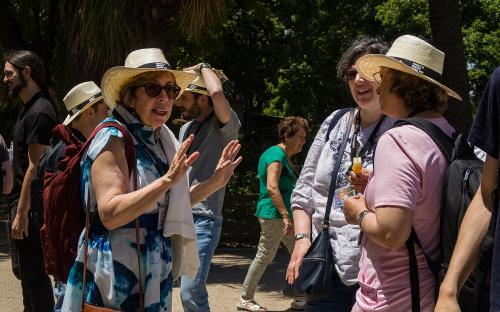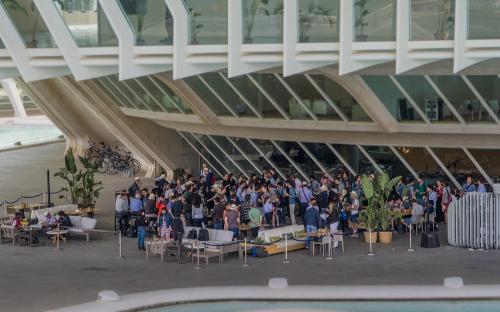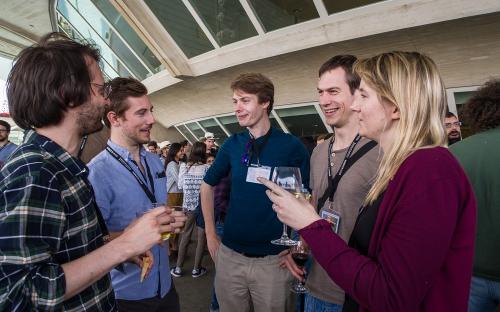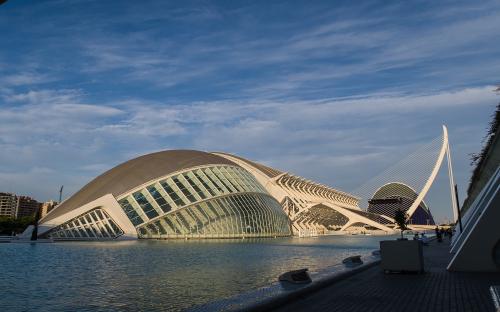News & Events
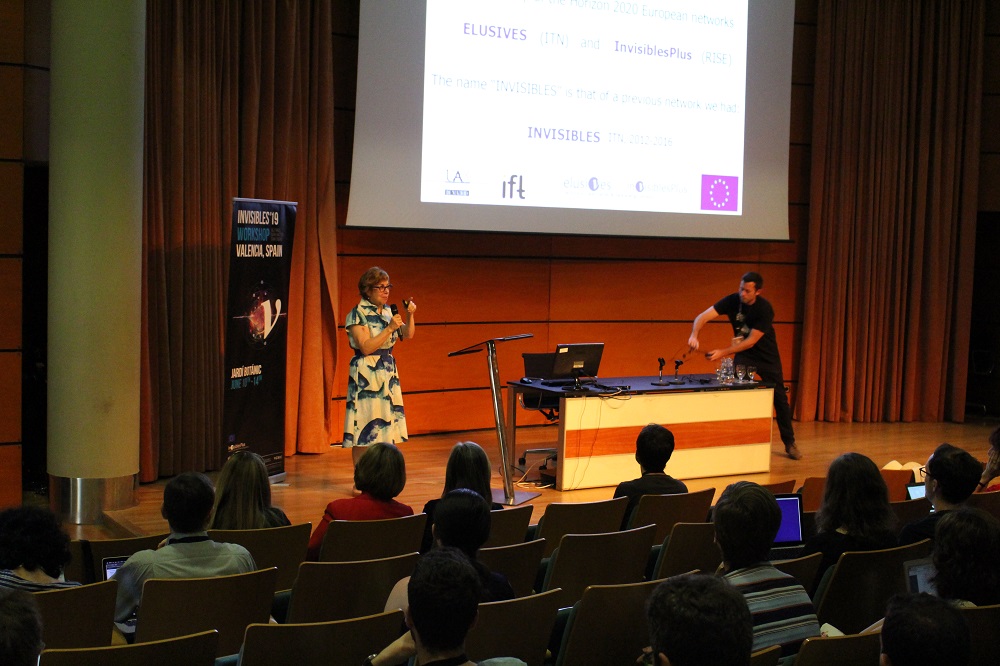
The unseen universe, open for discussion at the Invisibles19 Workshop in Valencia
More than 95% of the Universe's makeup remains an enigma for science. We know that there is a new type of matter that does not emit light, dark matter, because of its effects on visible objects such as galaxies or stars. We know that there is a new type of energy, dark energy, because the expansion of the Universe accelerates. Newly discovered gravitational waves allow us to study black holes, while neutrinos, the most elusive of elementary particles, perhaps will answer why the Universe is made of matter and not antimatter... The Botanical Garden of the University of Valencia hosts from today until June 14 the Invisibles19 Workshop, which brings together 200 physicists dedicated to studying this invisible part of the cosmos and the microscopic world of elementary particles. Among them are members of the Elusives and InvisiblesPlus projects.
Invisibles19 is the annual conference (eighth in the series) of the Elusives and InvisiblesPlus projects, financed by the Horizon 2020 program and coordinated by Belén Gavela, professor at the Autonomous University of Madrid. Pilar Hernández, professor at the University of Valencia, is in charge of coordinating the scientific discussion, while the outreach activities are coordinated by CSIC researcher Olga Mena, member of the Institute of Corpuscular Physics. Both projects focus on the study of neutrinos, dark matter, dark energy and their connections. They are Marie Slodowska - Curie actions, so one of their main objectives is to train young researchers.
The workshop is preceded by a doctoral school that was held last week at the Canfranc Underground Laboratory. The two European networks Elusives and InvisiblesPlus involve more than ten European institutions and universities and a dozen other prestigious research centers in the rest of the world, such as Harvard University or the IPMU in Tokyo, as well as some entities of great relevance in the private sector like Hamamatsu in Japan or El País newspaper in Spain. It is noteworthy that these European networks have an unusual proportion of women researchers at all levels, from coordinators of scientific nodes to students in training.
The programme includes outreach activities alongside the scientific discussion. On Monday evening, an opera on the life of Archimedes will be screened at the Hemisfèric auditorium in the Ciutat de les Artes i les Ciencies. It is a multimedia opera composed for planetariums, combining electroacoustic music and videos. On Thursday 13 June, at 19:30, physicist Álvaro de Rújula will give a talk titled 'Einstein, the vacuum and nothing' (in Spanish) at the Science Museum.
All the conference details, including timetables, are on the website: https://congresos.adeituv.es/invisibles19/
From L to R: Nuria Rius, Mª Dolores Real, Pilar Hernández, Belén Gavela and Olga Mena, at the start of the conference.

